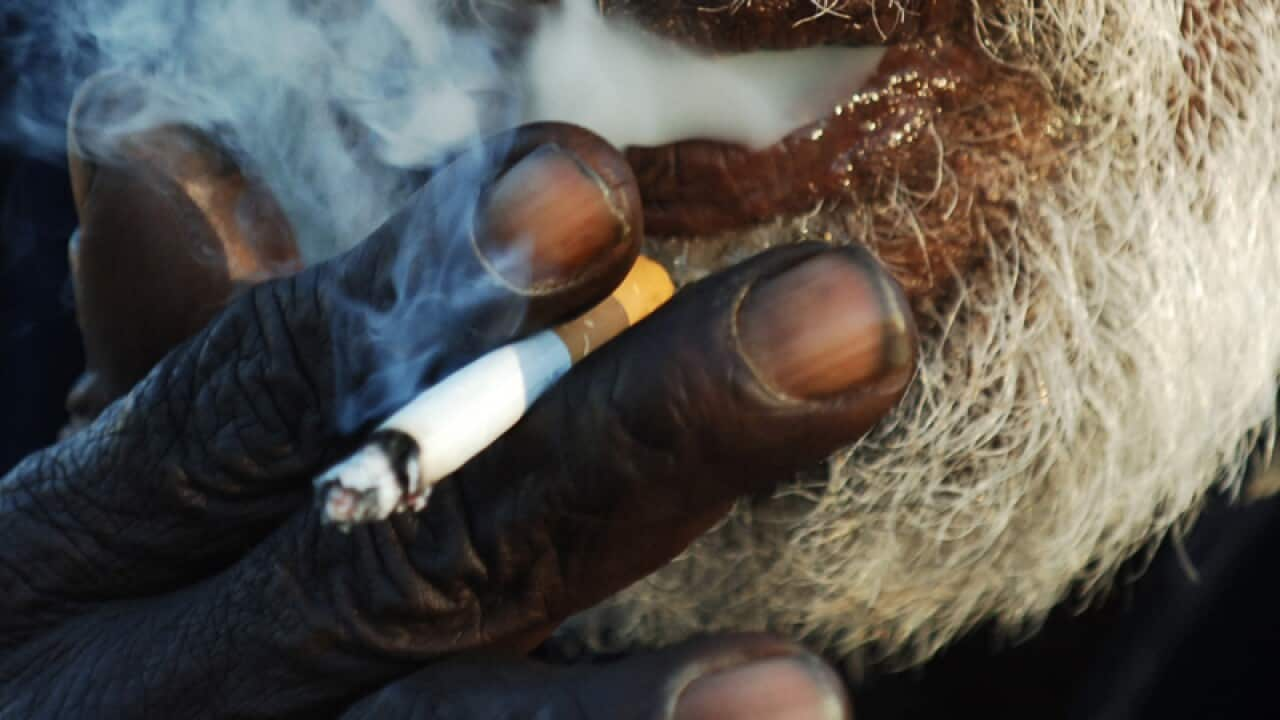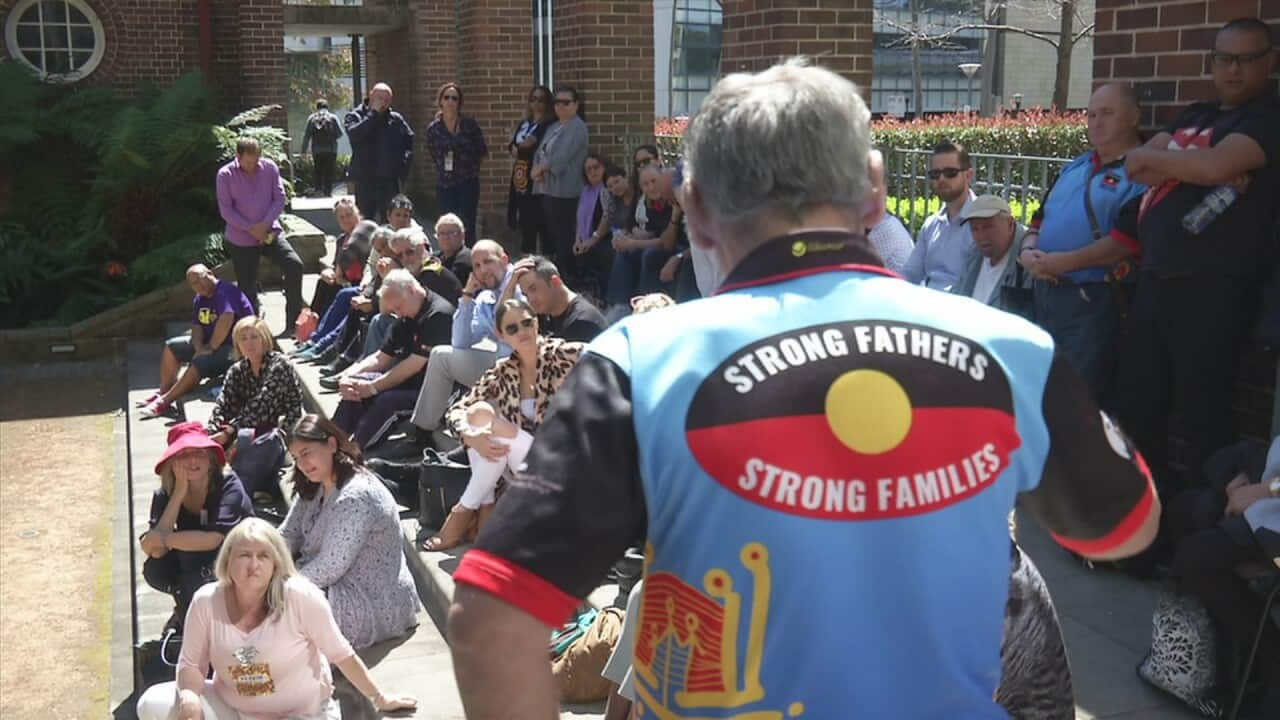The number of Aboriginal and Torres Strait Islander peoples aged 18 and over who smoke tobacco has dropped by 22 per cent over 20 years from 1994 to 2014/15.
The Australian Bureau of Statistics also found the proportion of Aboriginal and Torres Strait Islander peoples aged 15–17 years who smoke decreased significantly from 30 per cent to 17 per cent.
This is reassuring news for Aboriginal and Torres Strait Islander people and their communities.
According to the Head of the Tobacco Control Research Program at Menzies School of Health Research, Professor David Thomas, who collaborated with the ABS on the report says research shows that each year more Indigenous Australians are successfully quitting smoking, fewer children are taking up smoking, meaning there are less smokers.
"This is reassuring news for Aboriginal and Torres Strait Islander people and their communities. These statistics may encourage more smokers to quit and more kids to stay smoke-free because they give a message that others are doing it and so can they," Prof Thomas said.
The ABS highlighted anti-smoking initiatives like Cancer Council SA’s Quitskills Training program as one of the key factors driving down the Aboriginal and Torres Strait Islander smoking rates.
Dr Tom Calma recently attended the 2017 Oceania Tobacco Control Conference, held in Hobart Tasmania where the theme was “From vision to reality: A tobacco-free Oceania”.
The Kungarakan Elder said the tobacco control conference included people working in mainstream and Indigenous tobacco control.
"We had a good representation from Australia, Maori and other pacific Islands. There was a strong Indigenous focus this year and a whole lot of topics from the top end down to the grass roots and positive community campaigns were covered," he said.
There is a significant gap we will need to close in the coming years.
"It was encouraging to see a good number of the tackling Indigenous smoking teams from across Australia - who were celebrating when the ABS stats were released yesterday. This identified their work is having an impact on the reduction of smoking by Aboriginal and Torres Strait Islander people."
The Indigenous Peoples Statement will be shared with health ministers across Oceania to encourage them to maintain and increase efforts to reduce smoking tobacco for Aboriginal and Torres Strait Islander people.
"The Indigenous members of the conference also put out a paper - issues that impact specifically on the Indigenous peoples and tobacco control," Dr Calma explained.
"At the moment it's estimated that 41 per cent of ATSI people smoke, 31 per cent are Maoris and 25 per cent are specific people. In Australia we know that 15 per cent of the population smoke so there is a significant gap we will need to close in the coming years...Which is why the recent statistics showing a decline in smoking were so encouraging for the community."
Cancer Council SA General Manager of Support, Research & Public Policy, Ms Alana Sparrow, says it highlights the outstanding success of culturally appropriate and targeted smoking cessation programs that operate at a grassroots level in communities.
“Cancer Council SA’s Quitskills program was developed in 2012 in recognition that the Aboriginal and Torres Strait Islander smoking rate was considerably higher than the rest of the Australian population."
Over five years, the Quitskills program has been delivered to over 1200 Aboriginal and Torres Strait Islander health professionals nationally.
“Aboriginal and Torres Strait Islander women are currently four times as likely to smoke during pregnancy as non-Indigenous women,” said Ms Sparrow.
Dr Calma says despite the great results more work needs to be done and more support is needed to close the gap for First Nation Australians.
"Smoking contributes to 20 per cent of deaths for Aboriginal and Torres Strait Islander peoples."
RECOMMENDED ARTICLES:

New report shows that fewer Indigenous Australians are smoking




